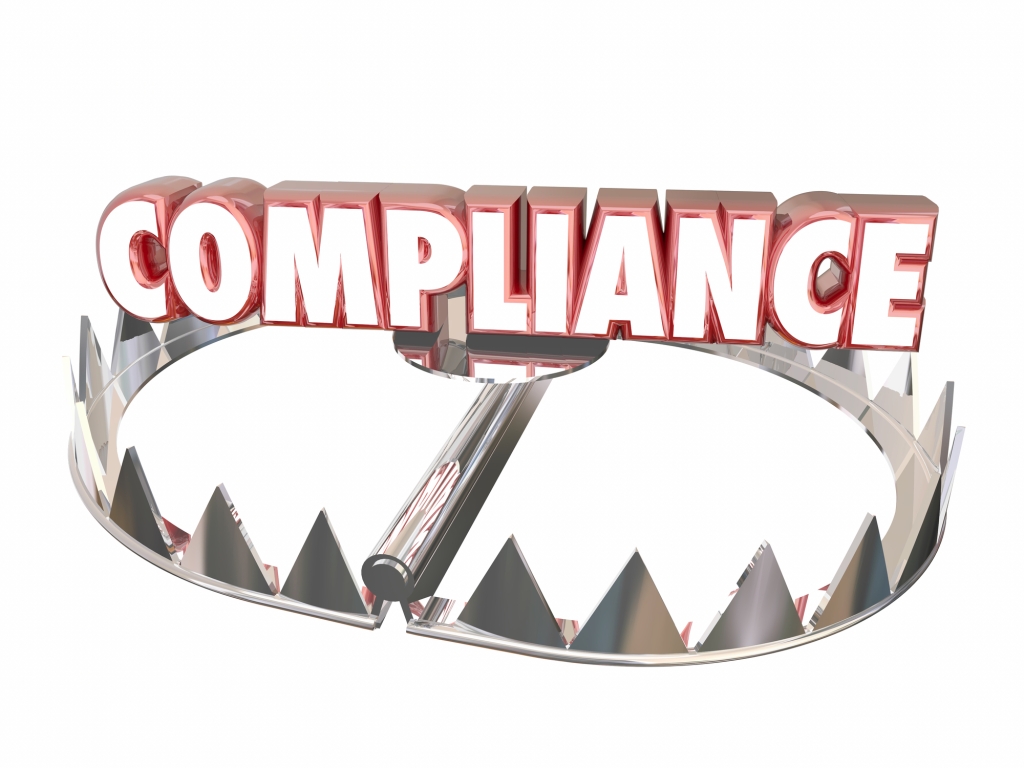
Despite an employer’s best intentions, many entities don’t have processes in place to ensure that they are compliant with the IRS’s HSA rules. Others are not even aware of the compliance risks and find themselves in violation, which creates risks for both the company and their employees.
There are four main health savings account (HSA) compliance “traps” that I regularly find myself providing guidance on regarding HSAs, which fall into 4 main categories:
- Disqualifying coverage – eligibility violations
- Contribution issues – excess or ineligible contributions, failure to open an account
- Cafeteria Plan Issues
- Mistaken Contributions
All are equally problematic, however, for many employers open enrollment season is upon them and the one top of mind is disqualifying coverage, or what makes one ineligible for an HSA account.
According to the IRS, to be an eligible individual and qualify for an HSA, an individual must meet the following requirements:
- Must be covered under an HDHP on the first day of the month
- Cannot have disqualifying health coverage
- Cannot be enrolled in Medicare
- Cannot be claimed as a dependent on someone else’s tax return for the year
One of the most overlooked disqualifying coverages is a health flexible spending account (FSA) or a spouse’s health FSA (unless it is limited purpose or post-deductible).
The most common mistake I come across is when both spouses enroll in their own employer’s sponsored health coverage and one spouse elects a non-high deductible health plan (HDHP) plan with a general purpose health FSA and the other elects an HDHP plan and makes HSA contributions. Under the IRS tax rules, the health FSA could be used to reimburse qualified medical expenses on the employee, spouse or all dependents claimed on the employee’s tax return, therefore it is considered “disqualifying health coverage’ and it disrupts HSA eligibility. I often here, “but my spouse doesn’t spend their FSA $ on me”….that doesn’t matter. The FSA could be spent on the spouse, therefore, it disrupts HSA eligibility
For example:
- Marcy and Charlie are married, Marcy is a full-time employee at Peanut’s Place and Scott is a full-time employee at Snoopy Hotel.
- Marcy enrolls in single coverage PPO (e.g. non-HDHP) with Peanut’s Place and elects the health FSA.
- Charlie enrolls in single coverage HDHP with Snoopy Hotel and wishes to enroll in the accompanying HSA but is ineligible. This is because Marcy has a health FSA (which is disqualifying coverage) and she is permitted to spend her health FSA dollars on her qualifying medical expenses, and those of her spouse and dependents.
- Even if Marcy does not spend her health FSA dollars on Charlie, Charlie is still ineligible for Snoopy Hotel’s HSA.
It is important during open enrollment meetings that employers are providing education to employees and helping them be aware of this ‘trap’ so employees are enrolling in the health plan that works best for their situation and/or family.
This is Part 1 of HSA Compliance Traps. Be sure to follow my blog to learn about additional HSA Compliance Traps published later this year.



